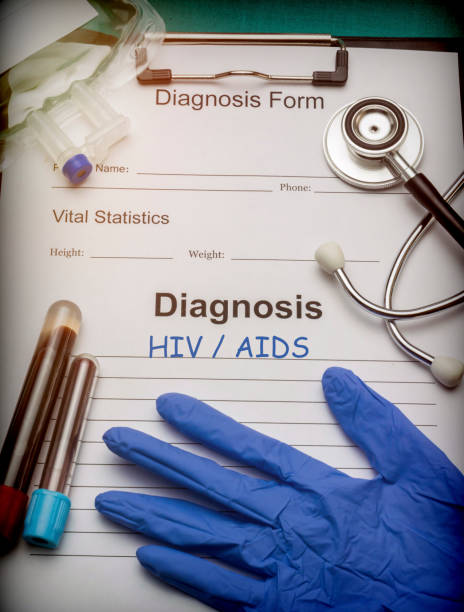Is HIV an Autoimmune Disease?
Are you wondering whether HIV is an autoimmune disease? Some common diseases are often mistaken for autoimmune diseases. This article will help you understand what an autoimmune disease is and how to distinguish HIV from other autoimmune diseases. In addition, it will teach you more about the types of autoimmune diseases and which are the most common.
What type of disease is HIV?
HIV is a retrovirus that causes AIDS. The virus multiplies within the body and is not transmitted through food, air, or casual contact. In the United States, the risk of contracting HIV from blood transfusions and body fluids has been virtually eliminated. In addition, mosquitoes and fleas do not transmit HIV.
HIV infects the body’s immune system, attacking the immune cells that help the body fight infections. This leads to an increased number of opportunistic infections and serious diseases. HIV patients typically live for only about three years without treatment. However, with the right medical care, the condition can be controlled and managed to improve the quality of a person’s life.
HIV causes AIDS by attacking important white blood cells and reducing the immune system’s ability to fight infections. HIV/AIDS causes the immune system to become weak, and people infected with the virus become seriously ill with infections that most people would be able to fight off. These infections are known as opportunistic infections and take advantage of weak immune systems. An autoimmune disease occurs when an individual has a defective immune system and the body starts reacting to normally harmless substances in the environment.
What diseases are considered autoimmune?
When you have an autoimmune disease, your immune system begins to attack your body’s healthy tissues. It can lead to a variety of symptoms. Some of these symptoms may be mild, while others can be severe. There are many different types of autoimmune diseases. Some of them are inherited while others are acquired. If you have a family history of autoimmune disease, you may be at a higher risk for developing it yourself.
Many autoimmune diseases are treatable with drugs. These medications suppress the immune system and alter its function. However, these medications may have side effects and lead to infections. Some people also experience lifestyle changes to help control their condition. For example, eating a healthy diet, regular physical activity, maintaining healthy body weight, and getting adequate rest may help.
What is the most common autoimmune disease?
An autoimmune disease is a condition caused by an immune system that attacks healthy tissue. This can result in many different symptoms. In severe cases, the disease can cause symptoms that can make life very difficult. Some of these symptoms include difficulty breathing, chest pain, and sudden weakness. The good news is that there are several different treatments for autoimmune diseases.
Autoimmune diseases affect many different organs of the body. Autoantibodies to certain proteins in the immune system attack blood cells. Several tests are available to detect the presence of autoimmune disease. A complete blood count, which includes measurements of white blood cells and red blood cells, is used to diagnose it. Another test, called complement, measures the level of a protein called complement in the blood. Low levels of complement may indicate an autoimmune problem. Other tests include C-reactive protein (CRP), which measures the amount of protein produced by the liver and is indicative of liver inflammation.
Who gets autoimmune?
An increasing number of studies have indicated that HIV-positive people are at an increased risk of developing autoimmune diseases, which are conditions in which the immune system attacks its tissues. To better understand the relationship between HIV and autoimmune disease, researchers analyzed the Taiwan National Health Insurance Research Database and identified 20,444 HIV-positive individuals in the years 2000-2012. These individuals were compared to 2 million members of the general population. These individuals had an average age of 30 years, were mostly male, and were on antiretrovirals.
Autoimmune disease occurs when the immune system attacks healthy tissues and cells. The human body’s immune system is composed of organs, cells, and proteins, all designed to fight infections and protect the body from harmful agents. However, the human immunodeficiency virus (HIV) can cause a host of autoimmune conditions, including AIDS.



